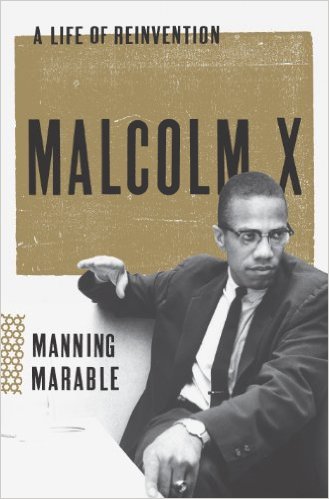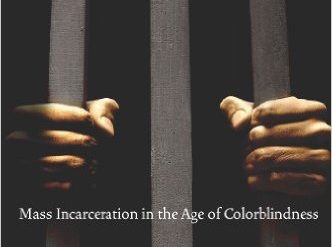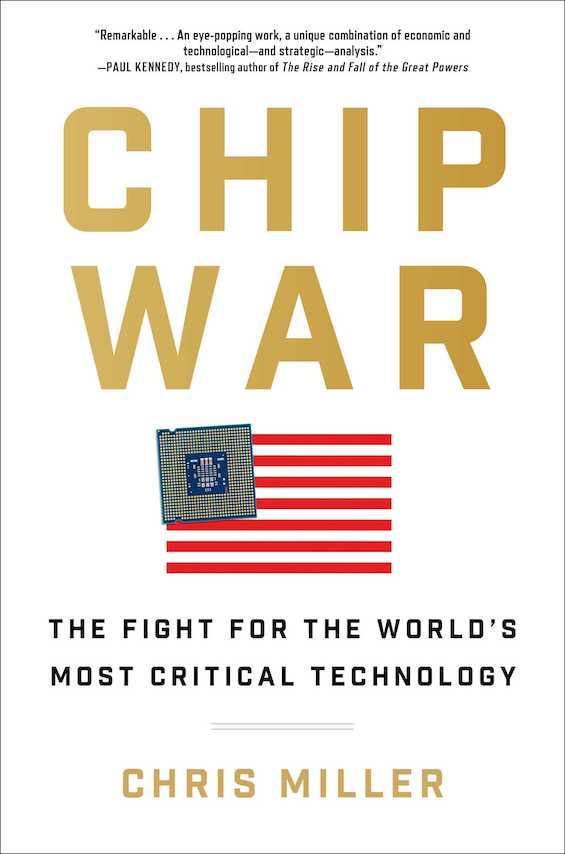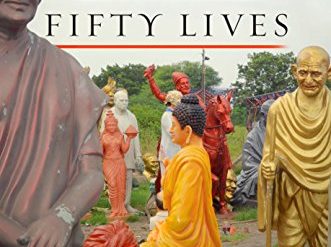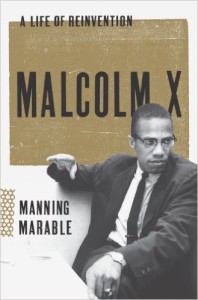
Fifty years ago, a 39-year-old man named Malcolm Little was murdered by a team of five assassins in a ballroom in New York City. The shocking event took place in front of a crowd of four hundred people. As news of his murder spread around the world, millions grieved while thousands of FBI and CIA agents and New York City police officers joined the leaders of a Chicago-based religious cult in celebration.
Estimated reading time: 6 minutes
Who killed Malcolm X?
The murdered man was best known as Malcolm X. The cult he had recently left in protest was the Nation of Islam, familiar to the public as the Black Muslims. In the years since that event, considerable evidence has surfaced that the assassination was carried out at the behest of Black Muslim leaders and employed killers from a Black Muslim mosque in New Jersey — and that the FBI and the NYPD were at least familiar with the plans in advance, if in fact they didn’t actively participate through numerous informers they’d both planted in the audience.
Malcolm X: A Life of Reinvention by Manning Marable ★★★★☆
“Martin and Malcolm”
In later years, Malcolm X came to be thought of by millions of African-Americans as a martyr, his name linked to that of Rev. Martin Luther King, Jr., who was assassinated three years later: they would speak of “Martin and Malcolm” in the same breath. Why? How would the murder of a single man cause such widespread and divergent reactions? Historian Manning Marable’s probing new biography of the man, Malcolm X, sets out to answer these questions. If, in the end, the questions linger, it seems unfair to lay the blame on the biographer. Better to recognize the contradictions, inconsistencies, and ever-shifting views of the man best known as Malcolm X: that is the subject of Marable’s biography.
Correcting the errors of Autobiography of Malcolm X
Toward the end of 1965, a book by Alex Haley hit the bookstores: The Autobiography of Malcolm X. In all the time since, Haley’s book has sold more than six million copies worldwide. Though based on many hours of face-to-face interviews with Malcolm, it was later established that the book was flawed in two substantial ways: Malcolm exaggerated aspects of his earlier life for dramatic effect — he was not above doing this when he spoke in public — and the author distorted Malcolm’s views to conform more closely with his own. Haley was solidly middle-class, a veteran of the U.S. Coast Guard and a liberal Republican. Malcolm was a veteran of ghetto streets, prison, and, for most of his public career, a Black nationalist. It’s still surprising that the two managed to collaborate over the course of several years.
With access to the mature views of Malcolm’s contemporaries and colleagues and to recently declassified materials, Marable’s biography contradicts the Autobiography in a number of ways. It’s fitting that Marable, an academic historian, would write to correct the errors of a popular writer.
A man of inconsistencies and contradictions
Marable implies, both in his title and in the text, that Malcolm pursued a path of “reinvention” virtually throughout his life — a steady evolution that took him from the streets of the Detroit ghetto to the peak of international renown. This is misleading in three important ways.
First, while there is some truth to Marable’s charitable interpretation, it’s clear that he never outgrew some of the mean and nasty characteristics of his early life. He was both a misogynist and an anti-Semite. He often treated his wife, Betty, with contempt, and he made a habit of absenting their home almost immediately after each of the four daughters born to the couple before his death. And, despite his avowed adoption of the Islamic creed that all humanity is a single race and all live under a single God, he continued to make ugly anti-Jewish statements both in private and in public throughout his life.
Concluding that Elijah Muhammad was corrupt
Second, Malcolm’s evolution was anything but steady. After years of obvious signs, he became aware that Elijah Muhammad was victimizing the young female secretaries he recruited into his Chicago headquarters — he fathered at least four or five illegitimate children — and that Elijah and his family were milking the Black Muslim movement for riches while even senior officials such as Malcolm were forced to live in penury. Anyone might reasonably conclude that such a man couldn’t possibly be the “Messenger of Allah,” but Malcolm stubbornly continued to refer to Elijah Muhammad with reverence long after these revelations had become clear to everyone in the uppermost ranks of the movement.
Third, it’s clear from a close reading of Marable’s biography that Malcolm often contradicted himself, saying one thing to one audience and something quite different to a second, adjusting his message for maximum effect. For example, on several occasions brought to light in the book, Malcolm made a powerful statement in favor of integration to a live audience or in an interview, but days or even hours later reverted to talk urging African-Americans to “take up the gun.”
Were there “two Malcolm Xs?”
Marable’s argument to counter this view of his subject strikes me as rationalization: “that there were ‘two Malcolm Xs’ — one who advocated violence when he was a Black Muslim, and a second who espoused nonviolent change — is absolutely wrong. To Malcolm, armed self-defense was never equated with violence for its own sake.” It’s disingenuous to argue that even Elijah Muhammad advocated “violence for its own sake,” and to think that “armed self-defense” would lead to anything but violence is naive.
Malcolm X possessed extraordinary leadership abilities. He was a truly gifted orator and charismatic to fault. No doubt, too, he was brilliant, if largely uneducated. It’s understandable that people starved for heroes might turn to him as an iconic liberation figure. However, history has clouded the reality, and the truth about his life is clearly more complicated than his advocates would like it to be. I can only be hoped that all those colleges and universities that assign The Autobiography of Malcolm X as required reading will also insist that students read Malcolm X: A Life of Reinvention.
About the author
Manning Marable was an American professor of public affairs, history, and African-American Studies at Columbia University. He died in 2011. Malcolm X was one of fourteen nonfiction books he wrote.
For related reading
This is one of the many Good books about racism.
Like to read good biography? Check out 10 great biographies.
If you enjoy reading nonfiction in general, you might also enjoy:
- Science explained in 10 excellent popular books
- Great biographies I’ve reviewed: my 10 favorites
- Top 10 nonfiction books about politics
And you can always find my most popular reviews, and the most recent ones, on the Home Page.

